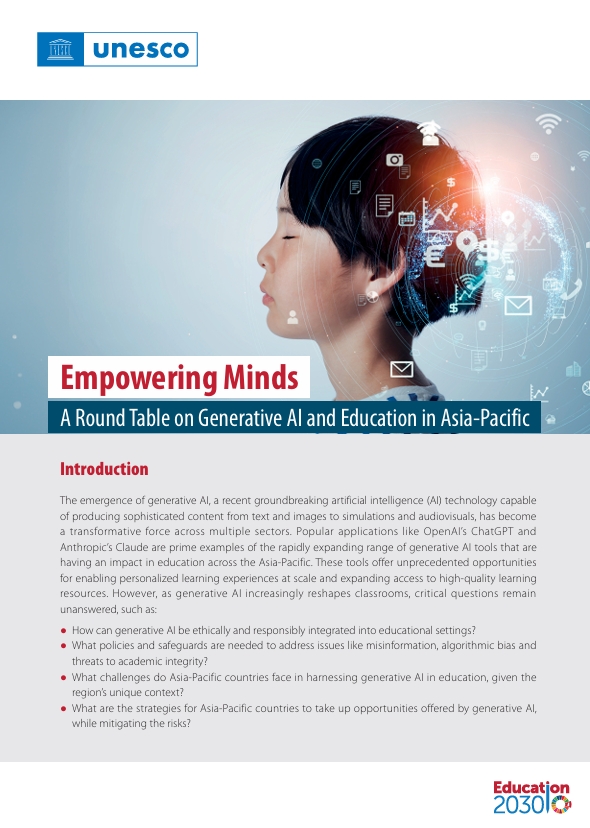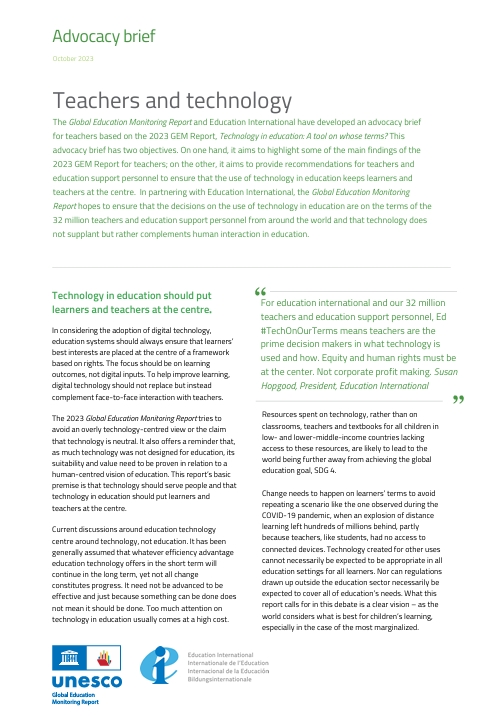Story Source: EdSurge ~ Go to Original Article
A critical component of any student’s educational journey is learning how to be better organized, complete tasks independently and persevere when an assignment is difficult. We’ve all seen (or even been) that woefully disorganized student: always turning in late assignments, arriving to class empty-handed or misplacing instructional materials. We describe students like this as lacking executive function skills—working memory, inhibitory control and cognitive flexibility—and many of us tend to think that these kids will never get it together.
Executive function skills are rarely taught, either at home or in school. There’s little agreement over how to help kids who aren’t keeping up with their peers or who should be responsible for administering such help. Parents expect schools to teach these skills, whereas schools assume that parents will…...………………….……………………..






